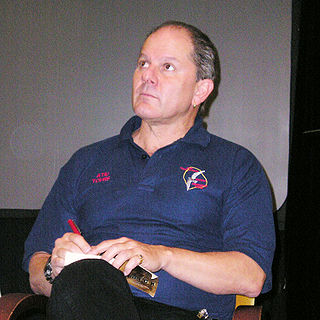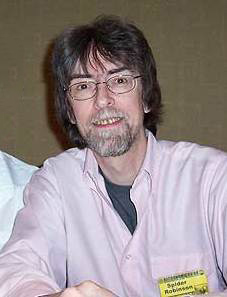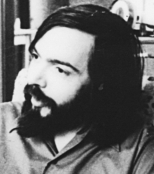A Quote by Walter Jon Williams
For every SF reader of that period, Robert A. Heinlein was also a touchstone.
Related Quotes
There's a long-standing (50 year old) flame war within the field over whether it's "sci-fi" or "SF".SF has traditionally been looked down on by the literary establishment because, to be honest, much early SF was execrably badly written - but these days the significance of the pigeon hole is fading; we have serious mainstream authors writing stuff that is I-can't-believe-it's-not-SF, and SF authors breaking into the mainstream. If you view them as tags that point to shelves in bricks-and-mortar bookshops, how long are these genre categories going to survive in the age of the internet?
The book is finished by the reader. A good novel should invite the reader in and let the reader participate in the creative experience and bring their own life experiences to it, interpret with their own individual life experiences. Every reader gets something different from a book and every reader, in a sense, completes it in a different way.
Every man carries about him a touchstone, if he will make use of it, to distinguish substantial gold from superficial glitterings, truth from appearances. And indeed the use and benefit of this touchstone, which is natural reason, is spoiled and lost only by assuming prejudices, overweening presumption, and narrowing our minds.





































